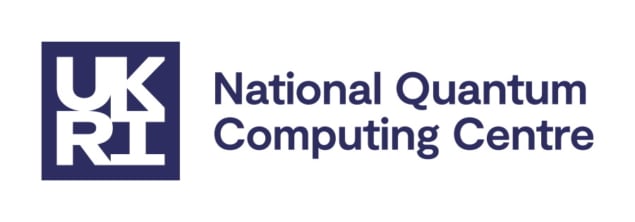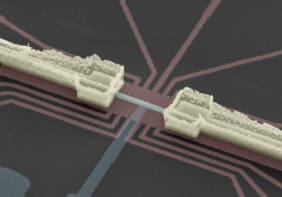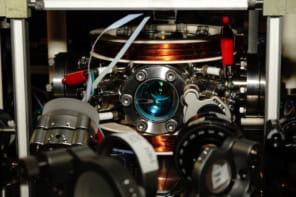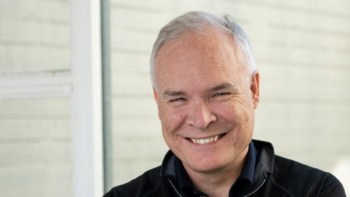Combining research excellence with a direct connection to the National Quantum Computing Centre, the Quantum Software Lab is focused on delivering effective solutions to real-world problems
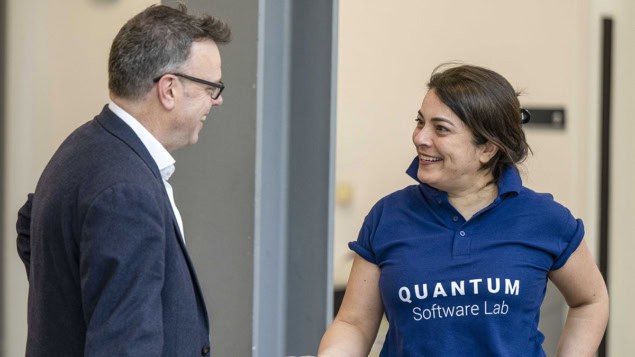
Making a success of any new venture can be a major challenge, but it always helps to have powerful partnerships. In the case of the Quantum Software Lab (QSL), established in April 2023 as part of the University of Edinburgh’s School of Informatics, its position within one of the world’s leading research centres for computer science offers direct access to expertise spanning everything from artificial intelligence through to high-performance computing. But the QSL also has a strategic alliance with the UK’s National Quantum Computing Centre (NQCC), providing a gateway to emerging hardware platforms and opening up new opportunities to work with end users on industry-relevant problems.
Bringing those worlds together is Elham Kashefi, who is both the director of the QSL and Chief Scientist of the NQCC. In her dual role, Kashefi is able to connect and engage with the global research community, while also exploiting her insights and ideas to shape the technology programme at the national lab. “Elham Kashefi is the most vibrant and exuberant character, and she has all the right attitudes to bring diverse people together to tackle the big challenges we are facing in quantum computing,” says Sir Peter Knight, the architect behind the UK’s National Quantum Technologies Programme. “Elham has the ability to apply insights from her background in computer science in a way that helps physicists like me to make the hardware work more effectively.”
The QSL’s connection to the NQCC imbues its activities with a strong focus on innovation, centring its development programme around the objective of demonstrating quantum utility – in other words, delivering reliable and accurate quantum solutions that offer a genuine improvement over classical computing. “Our partnership with the QSL is all about driving user adoption,” says NQCC director Michael Cuthbert. “The NQCC can provide a front door to the end-user community and raise awareness of the potential of quantum computing, while our colleagues in Edinburgh bring the academic expertise and rigour to translate the mathematics of quantum theory into use cases and applications that benefit all parts of our society and the economy.”
Since its launch, the QSL has become the largest research group for quantum software and algorithm development in the UK, with more than 50 researchers and PhD students. This core team is also supported by number of affiliate members from across the University of Edinburgh, notably the EPCC supercomputing centre, as well as from the Sorbonne University in France, where Kashefi also has a research role.
Within this extended network Kashefi and her faculty team have been working to establish a research culture that is based on collective success rather than individual endeavour. “There is so much discovery and innovation happening right now, and we set ourselves the goal of bringing disparate pieces together to establish a coherent programme,” she explains. “What has made me very happy is that we are now focusing on what we can achieve by combining our knowledge and expertise, rather than what we can do on our own.”
Within the Lab’s core programme, the Quantum Advantage Pathfinder, the primary goal is to work with end users in industry and the public sector to identify key computational roadblocks and translate them into research problems that can be addressed with quantum techniques. Once an algorithm has been devised and implemented, a crucial step of the process is to benchmark the solution to assess what sort of benefit it might offer over a conventional supercomputer.
“We are all academic researchers, but within the QSL we are nurturing a start-up culture where we want to understand and address the needs of the ecosystem,” says Kashefi. “For each project we are following the full pathway from the initial pain point identified by our industry partners through to a commercial application where we can show that quantum computing has delivered a genuine advantage.”
In just one example, application engineers from the NQCC and software developers from the QSL have been working with the high-street bank HSBC to explore the benefits of quantum computing for tackling the growing problem of financial fraud. HSBC already exploits classical machine learning to detect anomalous transactions that could indicate criminal behaviour, and the project team – which also includes hardware provider Rigetti – has been investigating whether quantum machine learning could deliver an advantage that would reduce risk and enable the bank to improve its anti-fraud services.

Alongside these problem-focused projects, the discovery-led nature of the academic environment also provides the QSL with the freedom to reverse the pipeline: to develop optimal approaches for a class of quantum algorithms or protocols that could be relevant for many different application areas. One project, for example, is investigating how hybrid quantum/classical algorithms could be exploited to solve big data problems using a small-scale quantum computer, while another is developing a unified benchmarking approach that could be applied across different hardware architectures.
For the NQCC, meanwhile, Cuthbert believes that the insights gained from this more universal approach will be crucial for planning future activities at the national lab. “Theoretical advances that are focused on the practical utilization of quantum computing will inform our technology programme and help us to build an effective quantum ecosystem,” he says. “It is vitally important that we understand how different elements of theory are developing, and what new techniques and discoveries are emerging in classical computing.”
Indeed, the importance of theory and informatics for accelerating the development of useful quantum computing is underlined by the QSL’s leading role in two of the new quantum hubs that were launched by the UK government at the end of July. For the one that will be focused on quantum computing, which is based at the University of Oxford, QSL researchers will take the lead on developing software tools that will help to extract more power from emerging quantum hardware, such as quantum error correction, distributed quantum computing, and hybrid quantum/classical algorithms. The QSL team will also investigate novel protocols for secure multi-party computing through its partnership with the Integrated Quantum Networks hub, which is being led by Heriot-Watt University.
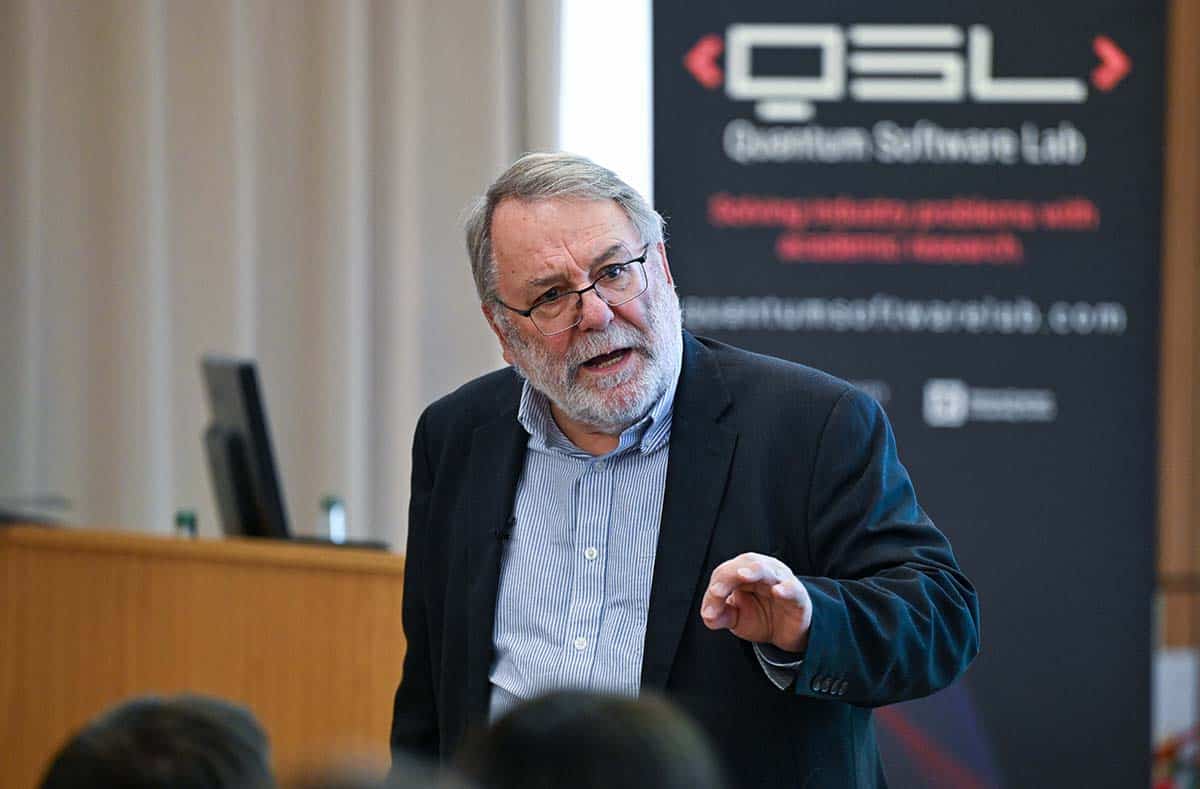
At the same time, the QSL’s direct link to the NQCC will help to ensure that these software tools advance in tandem with the rapidly evolving capabilities of the quantum processors. “You need a marriage between the hardware and software to drive progress and work out where the roadblocks are,” comments Sir Peter. “Continuous feedback between algorithm development, the design of the quantum computing stack, and the physical constraints of the hardware creates a virtuous circle that produces better results within a shorter timeframe.”
An integral part of that accelerated co-development is the NQCC’s development of hardware platforms based on superconducting qubits, trapped ions and neutral atoms, while the national lab is also set to host seven quantum testbeds that are now being installed by commercial hardware developers. Once the testbeds are up and running in March 2025, there will be a two-year evaluation phase in which QSL researchers and the UK’s wider quantum community will be able to work with the NQCC and the hardware companies to understand the unique capabilities of each technology platform, and to investigate which qubit modalities are most suited to solving particular types of problems.
One key focus for this collaborative work will be developing and testing novel schemes for error correction, since it is becoming clear that quantum machines with even modest numbers of qubits can address complex problems if the noise levels can be reduced. Researchers at the QSL are now working to translate recent theoretical advances into software that can run on real computer architectures, with the testbeds providing a unique opportunity to investigate which error-correction codes can deliver the optimal results for each qubit modality.
Supporting these future endeavours will be a new Centre for Doctoral Training (CDT) for Quantum Informatics, led by the University of Edinburgh in collaboration with the University of Oxford, University College London, the University of Strathclyde and Heriot-Watt University.
“As part of their training, each cohort will spend two weeks at the NQCC, enabling the students to learn key technical skills as well as gaining an understanding of wider issues, such as the importance of responsible and ethical quantum computing,” says CDT director Chris Heunen, a senior member of the QSL team. “During their placement the students will also work with the NQCC’s applications engineers to solve a specific industry problem, exposing them to real-world use cases as well as the hardware resources installed at the national lab.”
With the CDT set to train around 80 PhD students over the next eight years, Kashefi believes that it will play a vital role in ensuring the long-term sustainability of the QSL’s programme and the wider quantum ecosystem. “We need to train a new generation of quantum innovators,” she says. “Our CDT will provide a unique programme for enabling young people to learn how to use a quantum computer, which will help us in our goal to deliver innovative solutions that derive real value from quantum technologies.”
